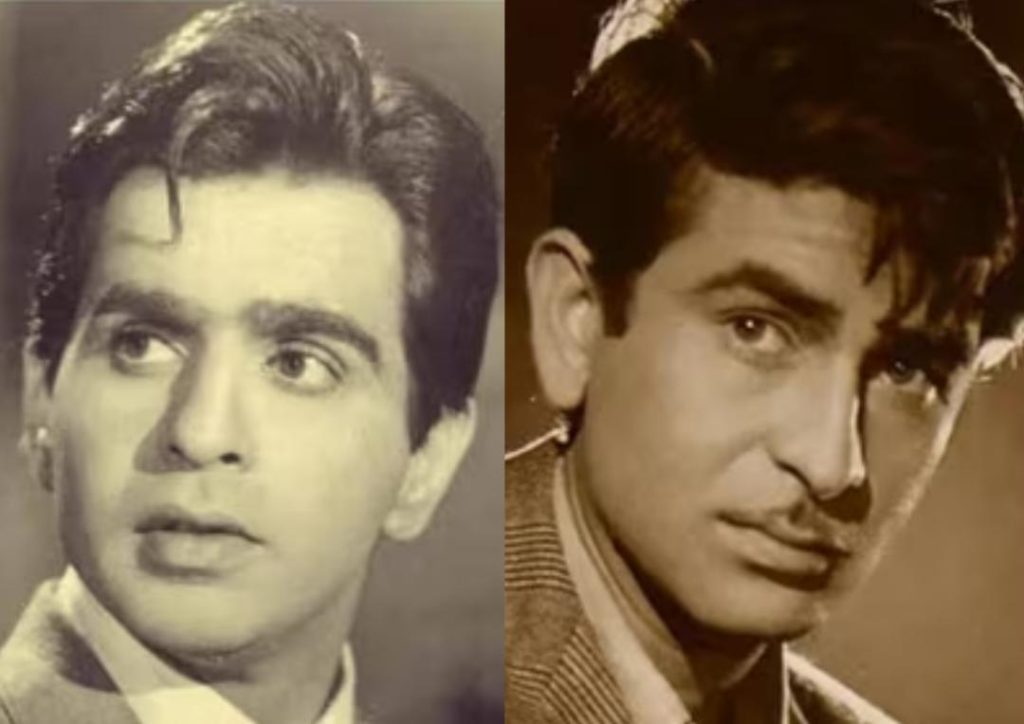
Dilip Kumar & Raj Kapoor’s Homes in Pak to be Turned into Museums
The world of cinema has always been a significant part of human culture, and the legendary actors Dilip Kumar and Raj Kapoor are two names that have left an indelible mark on the Indian film industry. Both actors have been icons of Indian cinema for decades, and their contributions to the country’s film industry are unparalleled. Recently, it was announced that their ancestral homes in Peshawar, Pakistan, will be renovated and turned into museums. This news has sent shockwaves across the globe, and fans of the iconic actors are excited to learn more about this development.
According to a recent report, the Director of Archaeology, Dr Abdul Samad, has confirmed that the construction of the museums will take place over the next two years. The estimated cost of the project is a whopping ₹7 crore, which is a significant investment in preserving the cultural heritage of the region. The Khyber Pakhtunkhwa government is behind this initiative, aimed at transforming the ancestral homes of Dilip Kumar and Raj Kapoor into cultural landmarks that will attract tourists from all over the world.
The ancestral homes of Dilip Kumar and Raj Kapoor are significant not only because of their historical value but also because they have been an integral part of the actors’ lives. Both actors were born and raised in Peshawar, and their homes have played a crucial role in their lives, shaping their careers and personalities. The museums will not only provide a glimpse into the lives of the legendary actors but also showcase the cultural and historical significance of the region.
Dilip Kumar, known as the Tragedy King of Indian cinema, was born as Muhammad Yusuf Khan on December 11, 1922, in Peshawar. He was a renowned actor, producer, and director who has worked in over 60 films, including classics like “Andaz”, “Mela”, and “Shakti”. He was awarded the Padma Bhushan, the third-highest civilian award in India, in 1994 for his contributions to Indian cinema.
Raj Kapoor, on the other hand, was born as Ranbir Raj Kapoor on December 14, 1924, in Peshawar. He was a legendary filmmaker, actor, and producer who has worked in over 65 films, including classics like “Awara”, “Shree 420”, and “Mera Naam Joker”. He was awarded the Padma Bhushan in 1971 for his contributions to Indian cinema.
The museums will be a unique blend of history, culture, and entertainment, providing visitors with an immersive experience of the lives of the legendary actors. The construction of the museums will involve the renovation of the ancestral homes, which will be designed to resemble their original architecture. The museums will also feature exhibits, artifacts, and memorabilia related to the lives and careers of Dilip Kumar and Raj Kapoor.
The Khyber Pakhtunkhwa government’s initiative to turn the ancestral homes of Dilip Kumar and Raj Kapoor into museums is a significant step towards promoting cultural tourism in the region. The government aims to make the cultural landmarks focal points for tourists, providing them with an opportunity to learn about the region’s rich cultural heritage. The project is expected to boost the local economy and create employment opportunities for the people of the region.
The news of the museums has sent shockwaves across the globe, with fans of the iconic actors expressing their excitement and gratitude on social media. Many have taken to Twitter to share their thoughts, using hashtags like #DilipKumar and #RajKapoorMuseum. Fans have been sharing their favorite memories of the actors and their films, and expressing their gratitude to the Khyber Pakhtunkhwa government for taking this initiative.
In conclusion, the announcement of the museums is a significant development in the world of cinema and culture. The ancestral homes of Dilip Kumar and Raj Kapoor will be transformed into cultural landmarks that will attract tourists from all over the world. The project is expected to boost the local economy and create employment opportunities for the people of the region. As fans of the iconic actors, we can only hope that the museums will be a fitting tribute to the legendary actors and their contributions to Indian cinema.






